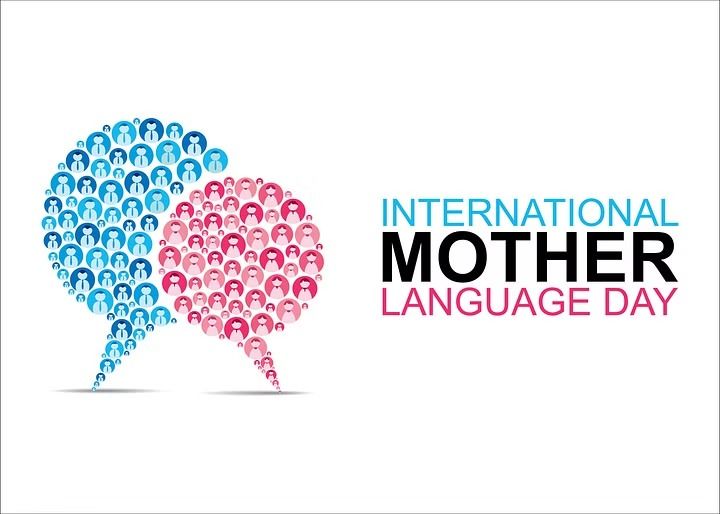It is celebrated on 21 February to spread awareness of linguistic and cultural diversity and promote multilingualism. India is home to hundreds of languages and thousands of dialects which make its linguistic and cultural diversity the most unique in the world. Language is not only a means of communication but it also represents a diverse cultural and intellectual heritage.
More than 6,700 languages are spoken worldwide but at least 40% are threatened with extinction.
The 21st of February, also known as Ekushey (21 in Bengali) February, honours the day in 1952 when a group of students from the University of Dhaka organized a nationwide protest to oppose the use of Urdu as the country's official language and to demand Bangla instead. After years of resistance from the language movement, Pakistan's government finally bowed to pressure in 1956 and recognised Bangla as an official language. Bangladeshis have since respected this day in their memories.
Until 1999, February 21 was known as National Martyrs' Day. After that, in 1999, UNESCO proclaimed it International Mother Language Day following which the UN General Assembly officially recognized International Mother Language Day (IMLD) in 2002. The International Year of Languages was declared by the General Assembly in 2008 with the goal of fostering multilingualism and multiculturalism and multiculturalism and promoting unity in variety, and UNESCO was designated as the leading organisation for the Year. This initiative undoubtedly raised awareness of language-related issues and mobilized partners and resources to encourage the adoption of plans and policies for linguistic diversity and multilingualism throughout a number of regions of the world.
With inclusive societies that are respectful of the human rights of linguistic minorities and indigenous peoples, International Mother Language Day and the International Decade of Indigenous Languages are opportunities to promote and celebrate the world’s linguistic and cultural diversity and to fully recognize and protect equally the human rights of minorities and indigenous peoples and their languages.






